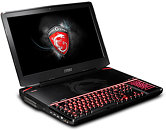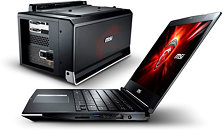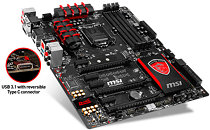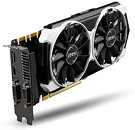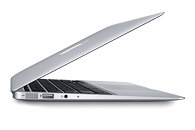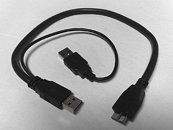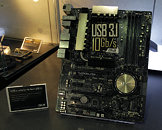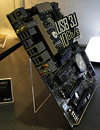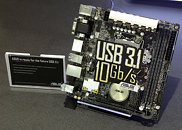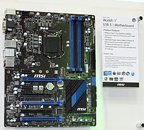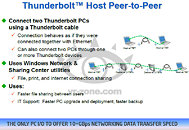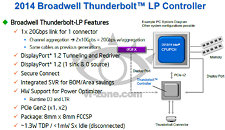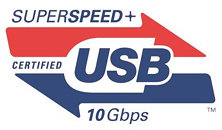
MSI Ushers in New Era of PC Gaming at CES 2015
MSI Computer Corp, a leading manufacturer of computer hardware products and solutions, blasts into 2015 with an award winning lineup of gaming solutions, including the GT80 Titan SLI, the world's first gaming laptop with an integrated mechanical keyboard; CES Innovation award recipient GS30 Shadow with Gaming Dock, GT72 Dominator Pro, AG240 4K All-In-One gaming PC, and X99A GAMING 9 ACK motherboard; along with a new and redesigned GE62 Apache for the next generation of MSI's GE Series gaming laptops and others.
"PC gaming is constantly evolving and our new lineup of battle machines are ready to take on any challenge," says Andy Tung, President of MSI Pan America. "We've thrown down the gauntlet with a selection of outstanding choices for every type of gamer."
"PC gaming is constantly evolving and our new lineup of battle machines are ready to take on any challenge," says Andy Tung, President of MSI Pan America. "We've thrown down the gauntlet with a selection of outstanding choices for every type of gamer."
